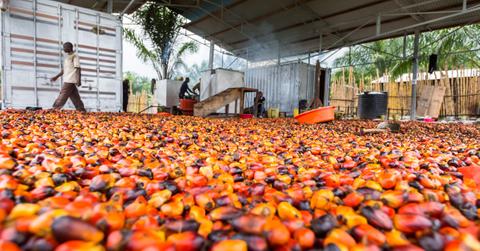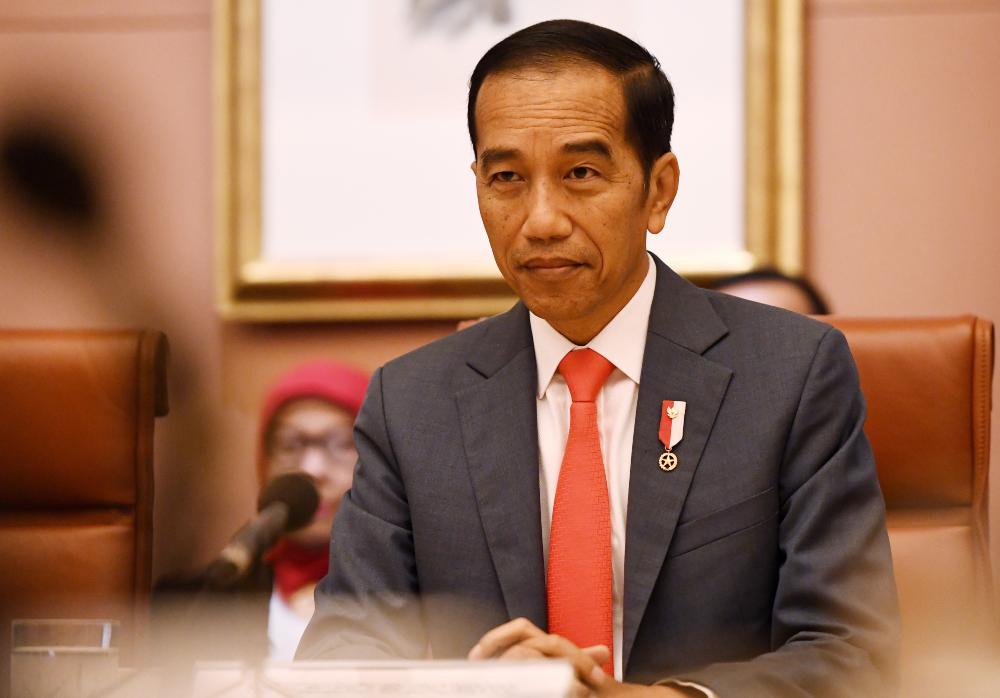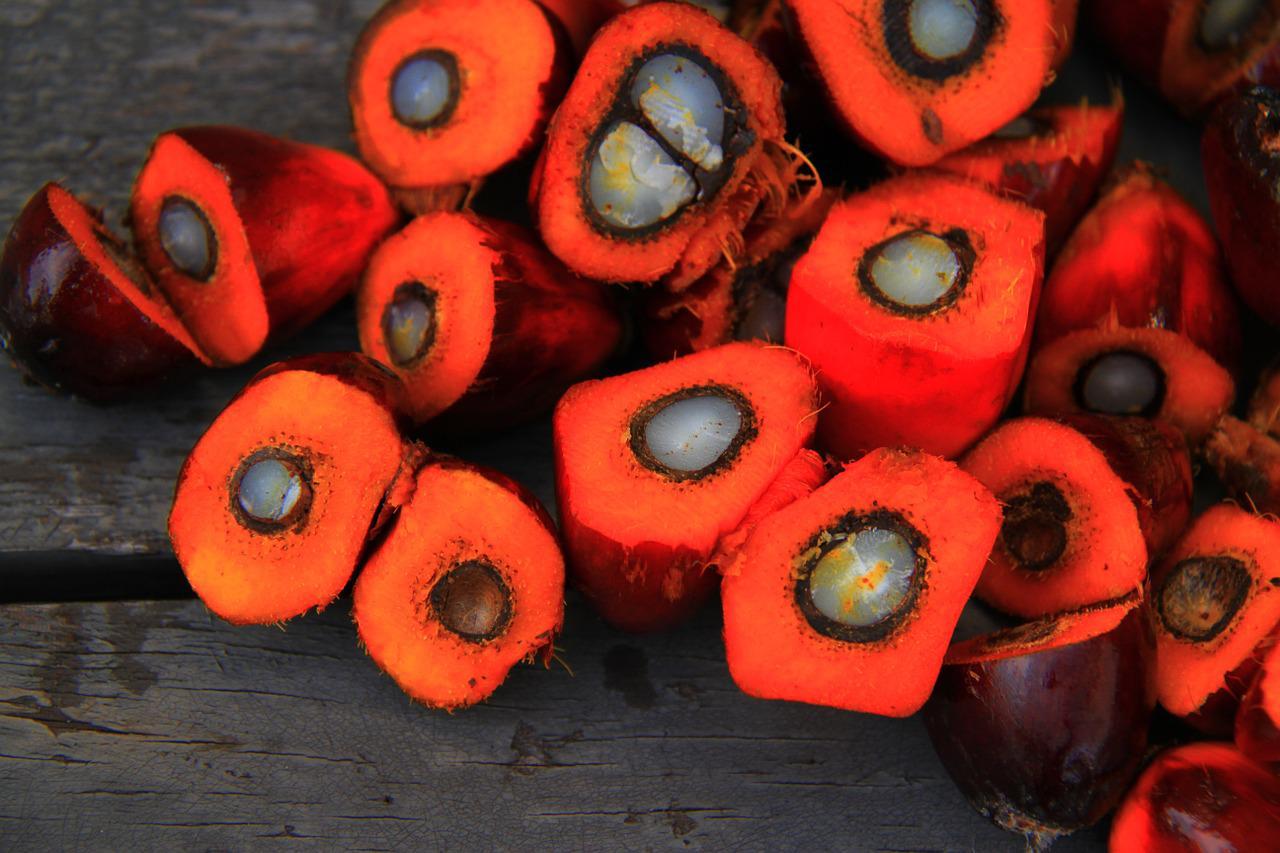Indonesia Bans Palm Oil Exports, Sends Shock Waves Around the World
Indonesia, which is the world’s largest exporter of edible oils, has announced a ban on palm oil exports. Why did the country ban palm oil exports?
April 28 2022, Published 10:49 a.m. ET
Towards the end of 2021, the consensus was that global supply chain problems would gradually ease in 2022. However, the situation got worse in 2022 after Russian President Vladimir Putin invaded Ukraine. While crude oil prices have been getting a lot of attention, edible oils including palm oil have been a casualty of Putin’s war.
Indonesia, which is the world’s largest exporter of edible oils, has announced a ban on palm oil exports. The announcement has sent shock waves across the world as countries have been battling with high inflation and with shortages of some food products.
Indonesia bans palm oil exports — harsher than expected.
Indonesia’s palm oil ban came into effect on April 28. The country has banned the export of RBD palm oil, crude palm oil, and used cooking oil. Previously, Indonesia had said that it would only ban the imports of palm olein, which is produced by refining and processing crude palm oil.
Why is Indonesia banning palm oil exports?
Indonesia has blamed rising domestic palm oil prices for the decision. The country’s president, Joko Widodo, said, "I will monitor and evaluate the implementation of this policy so availability of cooking oil in the domestic market becomes abundant and affordable.”
Indonesia is also a democracy and like many other democracies, the Indonesian government is facing the heat over rising inflation. There were protests about rising inflation as well.
Indonesia wants to secure domestic supplies.
Indonesia has the world’s largest Muslim population. Since it's Ramadan time, which is followed by the Muslim festival of Eid al-Fitr, the government has been under attack amid rising food prices.
By banning palm oil exports, Indonesia intends to bring down the prices of edible oils and provide some relief to its citizens. However, we’ll have to look at the background behind the rise in edible oil prices in 2022.
Edible oil prices spiked following Russia’s invasion of Ukraine.
Ukraine is the largest producer and exporter of sunflower oil, while Russia is the second-largest exporter. Together, both these countries account for over three-quarters of global sunflower oil exports. The Russian invasion has destroyed Ukraine’s economy and exports.
All of the commodities where Russia and Ukraine are major players including wheat, aluminum, nickel, and coal, have spiked in 2022. Sunflower oil followed the same trajectory and supply shortages led to a spike in prices.
There has been a broad-based rise in edible oils in 2022 since Russia invaded Ukraine. The situation will need more time to stabilize as fresh supplies of soybean hit markets.
As for U.S. consumers, while palm oil isn't a popular edible oil in the country, it's widely used in packaged products. Companies will be under pressure to raise prices amid rising palm oil prices, which will add to the already high U.S. inflation.
When will Indonesia resume palm oil exports?
Widodo said, “Once the local need is fulfilled, surely I will revoke this export ban because I understand how the government needs taxes, needs overseas earnings, and needs a trade surplus.” He added, “The people’s need is a more important priority.”
Indonesia has a long history of banning commodity exports to cater to domestic demand. The country banned coal imports in January 2022 to increase supplies for the domestic industry. The ban was lifted in a month. It also has a history of banning nickel ore exports as the country wants to encourage smelting operations in the country.
The country has had a tumultuous relationship with U.S. copper miner Freeport-McMoRan in the past. The two parties eventually reached a deal after Freeport added a state-owned company as a partner in the Grasberg mine and also announced the construction of a smelter in the country.



